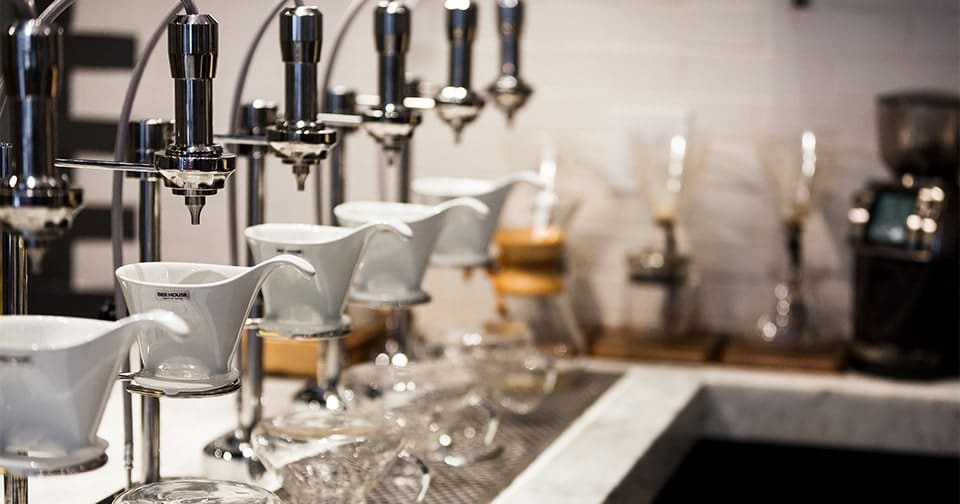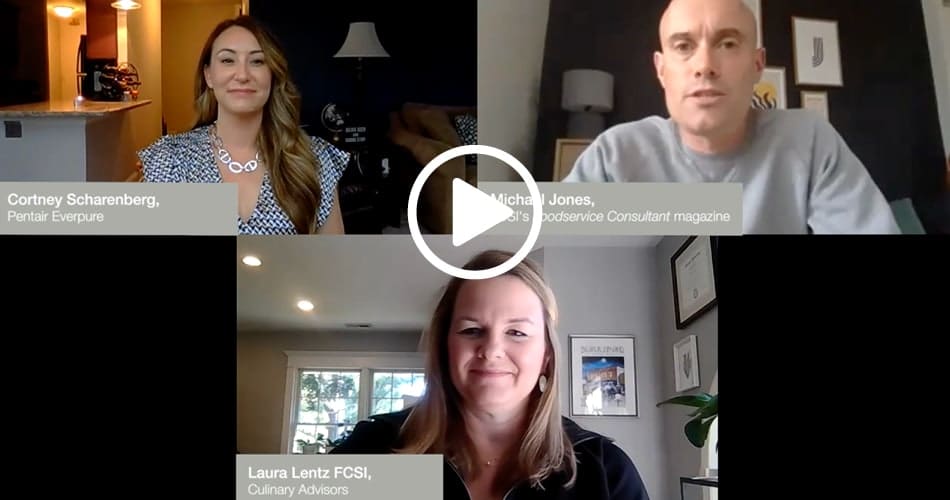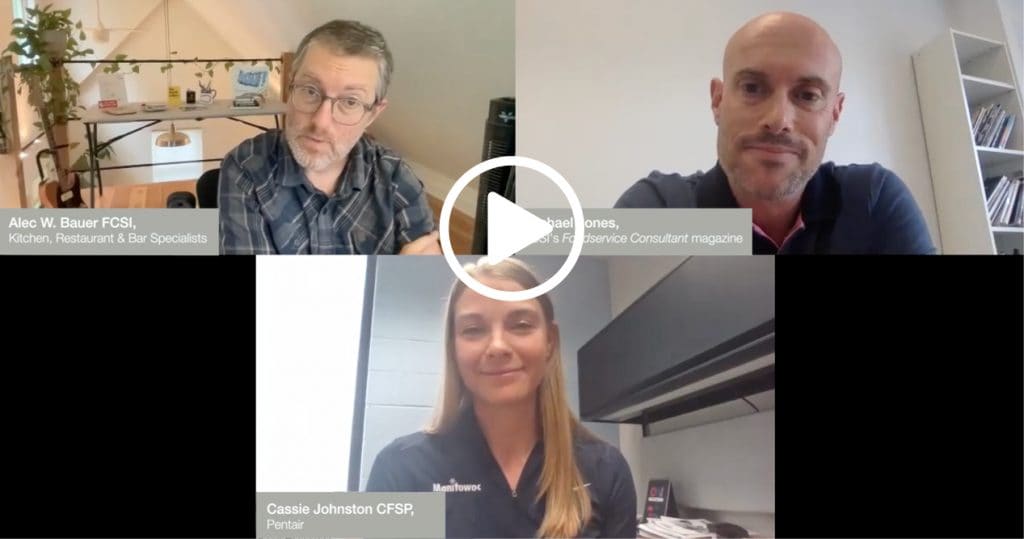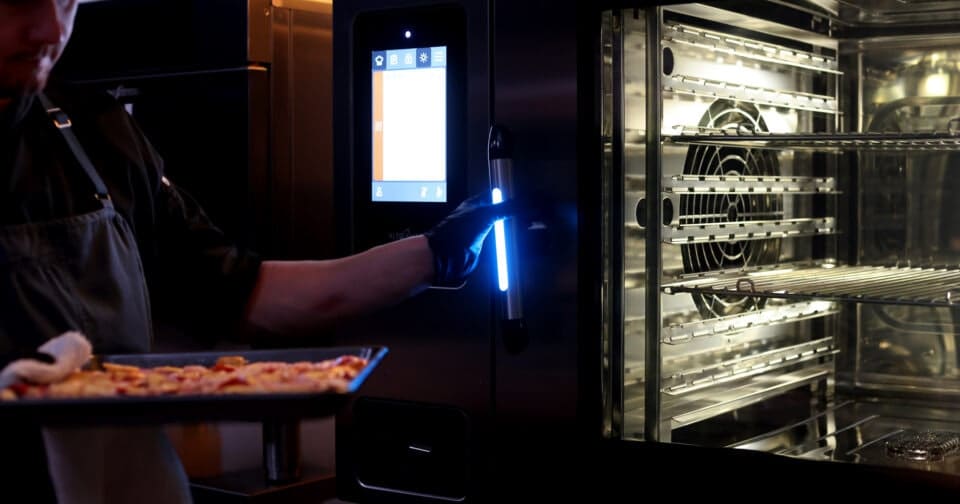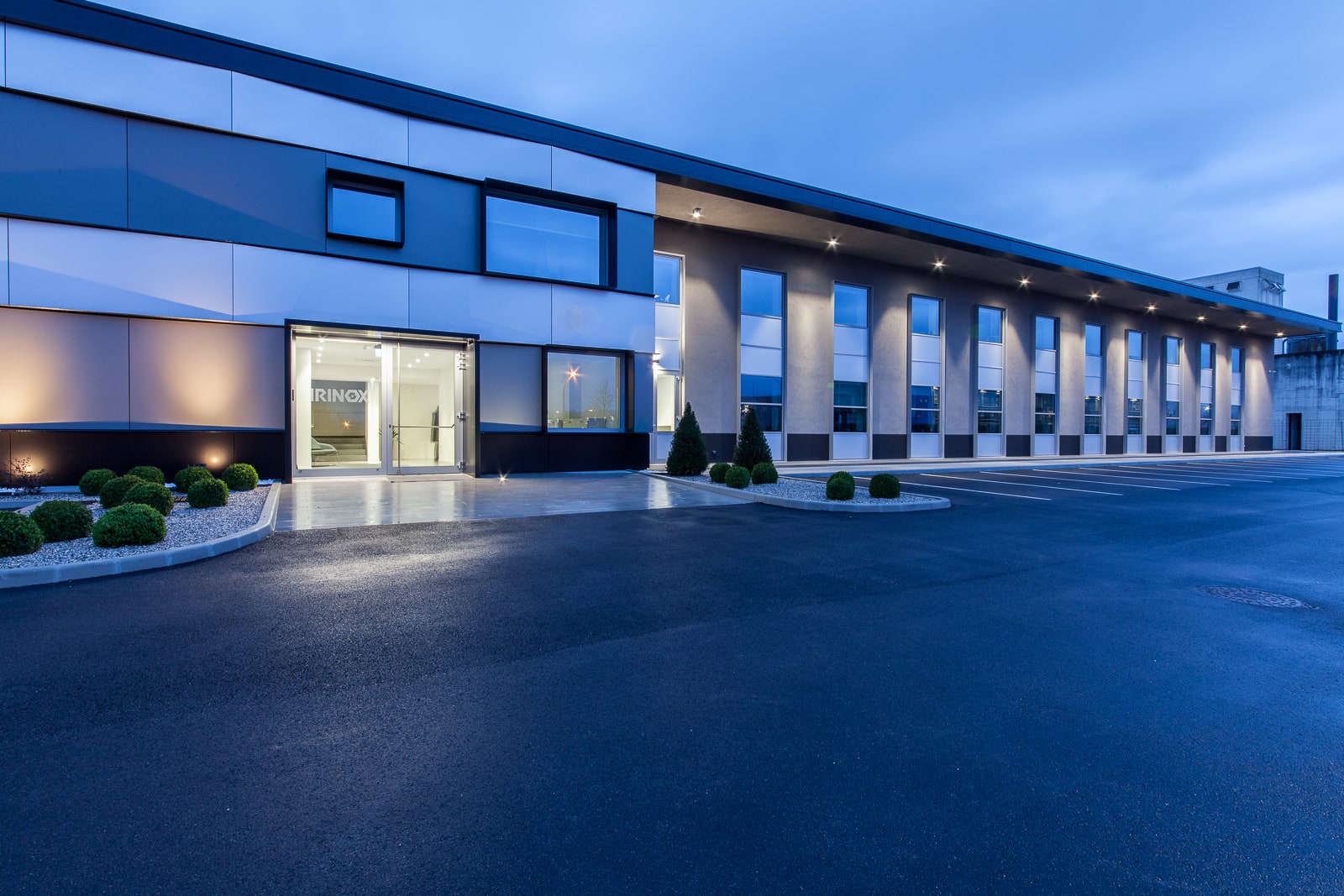
When Irinox was founded in 1989 near Treviso, Italy, its current tagline ‘The Freshness Company’ would have been unthinkable for a producer of blast chillers and shock freezers. At the time, no respectable chef would use a blast chiller: “Back then, if you asked a chef if they had one in their kitchen, they would tell you ‘of course not, we only serve fresh food,’” says Katia Da Ros, Irinox’s CEO and daughter of co-founder Florindo Da Ros.
“Blast chillers were seen as machines for preventing food from getting spoiled, suitable for high-volume kitchens like canteens, but not for restaurants.” Resistance on the chefs’ side was not just prejudice, however. As it turned out, cold did not have the same effect on all types of food. So Irinox dug deeper. “We studied the impact of air and humidity and found out that it’s not enough for a blast chiller to bring temperatures below zero, it has to do it in the right way, because certain types of food would not withstand aggressive cold,” says Da Ros (pictured).
That is how, in 1996, Irinox invented the differentiation between hard and soft chilling. It was the company’s first ground-breaking innovation, which opened the door to Michelin-starred restaurants and has since become an industry standard.
“If you ask a chef if they use a blast chiller today, the answer will be: ‘of course I do, we produce quality here.’ Now a blast chiller is seen as part of the process to produce fresh food. Our contribution was fundamental for this cultural change,” says Da Ros.
In three words
The invention of the hard/soft functionality is a good example of one of the three words Da Ros uses to describe Irinox: ‘pioneers.’
Another is ‘specialists’: for more than thirty years since its inception, Irinox has produced only blast chillers and shock freezers, with no concessions to other types of foodservice equipment – that is definitely not in the company’s DNA.
The third term is ‘innovators’: “As blast chillers specialists, we make premium products that are not cheap. If we want to be the best, we need to make them obsolete before others do it for us,” says Da Ros.
The list of Irinox innovations includes a slow-cooking function (added in 2009) for when blast chilling is not in use, internet of things (IoT) technology to communicate with other equipment in the kitchen, and cutting-edge green refrigeration gasses, such as R290, to increase power and consume less energy.
As a result of this constant effort, the functionalities of Irinox blast chillers grew from 12 to 150, paving the way to the different customization levels of the latest seventh generation model, the MultiFresh® Next (pictured). “There are probably functionalities that some customers need more than others, so they can personalize their machine as if they were buying a car,” says Da Ros.
Although not all of these innovations were disruptive, she explains, they accumulated one on top of the other over the years, helping create a wealth of experience and knowledge that for Da Ros is Irinox software: “With us, customers buy that too, not just machines,” she says.
The luxury of patience
This process of painstakingly improving a single type of product, which Da Ros calls “an obsession for freshness,” may be slow sometimes. But it is a patience that Irinox can afford to have.
“Irinox is a family company. The second generation has just joined, while I consider myself as the first generation and a half, as I started three years after the foundation,” says Da Ros. “We are independent and capitalized, so we can grow on our own more patiently, without any pressure from financial partners.”
Without this patience, in 2011 Irinox would not have launched a line of blast chillers for the home (one of its business units), a product where the company was once again a pioneer and an innovator: “We were the first in the world to produce a domestic blast chiller. The market is very small and has great potential, but there are also many cultural hurdles, more than in the professional sector. Luckily for us, there are other companies making the same product now,” says Da Ros.
Ambitious goals ahead
Irinox closed 2020, the annus horribilis of foodservice, and everyone else, with -8% growth. It was better than expected, says Da Ros, considering that other businesses suffered 30% or even 50% losses.
During the emergency of the last year, Irinox embraced smart working, replacing business trips with virtual meetings, organizing more than 100 digital events, and getting more than 2,000 people involved.
“The goal of these events was to educate customers about our products, but also to share experiences or simply ask how everyone was doing,” she says. “Overall, the Covid-19 crisis was also an opportunity to accelerate the switch to digital channels.” With 2020 behind us, in the threeyear period 2021-2023 Irinox is planning to grow by 50%. “It’s a very ambitious goal, but we think we have the resources to achieve it,” says Da Ros. “The market is far from saturated. Up until five years ago, 40% of the hospitality industry [in Europe] didn’t have a blast chiller. In the rest of the world, it’s even 60-70%. There’s still a lot to do.”
Europe and the US will still be the markets of reference, but the Australasia region has good potential too. New segments to explore will be takeaway food, which became more important during the pandemic and forced many kitchens to reorganize, semi-industrial kitchens that produce food for other businesses, ghost kitchens, large restaurant chains, and supermarkets with deli counters.
The growth plan will have two main guidelines. One is sustainability. “It’s not just about products, but about the way of doing business too,” says Da Ros. “There needs to be a paradigm shift, from extracting resources to regenerating them, from having zero impact to having a positive impact on society and people. We’re going to invest a lot in this. I believe this is a wave that will become stronger and stronger over the next 10 years.”
The other thread will, of course, be digitalization. The company is making significant investments to automate production and make products ready for smart kitchens with IoT and a proprietary cloud, called FreshCloud®, that allows blast chillers to be monitored remotely with a smartphone.
Firm roots
Growing can be a problem, though, especially when it is not done organically. Da Ros acknowledges that this is the eternal dilemma for businesses: the more you grow, the more you need to get organized, the more you lose flexibility. However, she is confident in the company’s ability to avoid that trap.
“The life of a company is similar to that of a person. When it’s young and still small, but with a lot of energy, as an entrepreneur you want to take care of everything. Then comes adolescence, when, perhaps reluctantly, you have to delegate if you want to keep growing. The third stage is when you reach maturity and learn how to delegate and only keep control of what’s essential. I think this is where we are today, with a group of capable people carrying on the founders’ vision,” says Da Ros.
While Irinox is adapting to everevolving markets and technologies, certain things in the way it operates will remain the same. One is their obsession for freshness and the desire to innovate: “We are genuinely interested in the success of our customers,” says Da Ros. “We get our hands dirty with them, go to their shops and observe how they work, and whether there’s any particularly time-consuming step or any functionality they might need. Our most satisfying customer feedback is when they tell us that, thanks to our machines, they improved their bottom line or the way they work.”
Production will still be in the northeast of Italy: “We are in an industrial district called the stainless-steel valley, so we have all the suppliers and the expertise we need. In fact, there are many foodservice companies in this area. If we moved our production abroad, we would probably save on shipping costs, but it wouldn’t be worth it,” says Da Ros.
Working with consultants is another thing that is not going to change for Irinox. The consulting world is something Da Ros knows very well, having served on the board of FCSI Europe, Africa, Middle East (EAME) from 1999-2005 and one of the founders of FCSI Italy. “We have always worked with consultants and we’ll keep working with them, possibly even more. Their contribution is crucial because they know the needs of the customer really well. You know when a kitchen is built with the help of a consultant, because it works,” she says.
Andrea Tolu
COMPANY TIMELINE: IRINOX THROUGH THE YEARS
1989 Irinox is founded by Florindo Da Ros, Luigino Granziera and Claudio Tonon in Corbanese, near Treviso, Italy
1992 Katia Da Ros joins the family business as vice president of the board
1996 Irinox invents the soft/hard chilling functionality 2005 Irinox expands to North America 2009 Irinox adds slow cooking to its blast chillers, that can now operate between -40ºC and +85ºC
2011 Irinox launches the first blast chiller for the domestic market
2019 Irinox adheres to CODIF, a voluntary code of conduct that provides family companies with the same level of best practices of listed companies.



